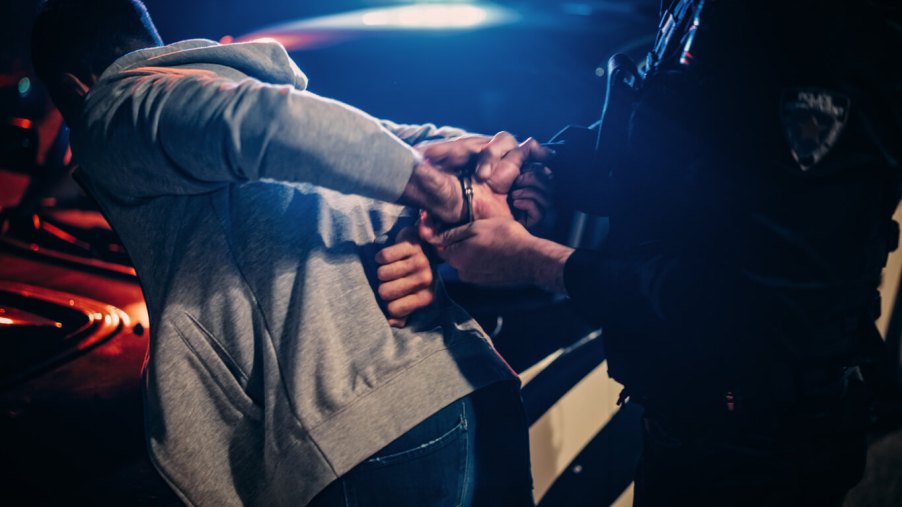
2 Unexpected Reasons a Traffic Stop Might Land You in Jail
Being stopped by the police is no one’s idea of a good time. But things can sometimes go from bad to worse and a traffic stop can lead to your arrest. In rare instances, drivers get arrested and end up in jail for completely unexpected reasons.
Most traffic stops end with a warning or a ticket and the police allowing you to drive away. But the police will arrest you if they decide it is unsafe to allow you to drive away–such as if you don’t have an active driver’s license–or if there is an existing warrant for your arrest.
Let’s start with reasons police would decide it’s unsafe to let you drive away. The most common reason is driving drunk. My colleague Barnell Anderson reported that one out of 10 arrests of any kind are for driving under the influence. Excessive speeding (far above the speed limit) or evading arrest are both crimes that also tell the police it would be unsafe to let you go, so they may end in your arrest. But in all three of these cases, being arrested during the traffic stop wouldn’t be a complete surprise.
Another reason the police might decide it’s unsafe to let you drive away would be if you were driving without a valid license. A Florida woman spent a night in jail after a traffic stop because she didn’t know her driver’s license had been revoked over unpaid traffic tolls. Other reasons your driver’s license could be suspended–even without your realizing it–include repeated driving violations or ignoring financial obligations such as child support payments.
The state will try to contact you if your license gets revoked. During the case in Florida, the woman didn’t know about her revoked license because she had recently moved and her relatives didn’t forward her mail. During a recent case in Michigan, a man was driving with a revoked license because he thought it had been reinstates but had failed to pay the required fees. But this sort of situation is relatively rare.
The second major reason a traffic stop might land you in jail is an existing warrant for your arrest. A judge may issue a warrant for your arrest for many reasons. Some of the most common include having probable cause you committed a crime, if you failed to appear in court, if you have an open warrant in another state, if you failed to pay child support, or if you violated your probation.
Just like with a revoked license, the state will try to contact you repeatedly about issues such as child support payments or an upcoming court date before it issues a warrant for your arrest. But if a judge must, they can certainly issue a warrant. And if the state hasn’t been able to get in touch with you, you might find out about the warrant or revoked license when a regular traffic stop lands you in jail.



